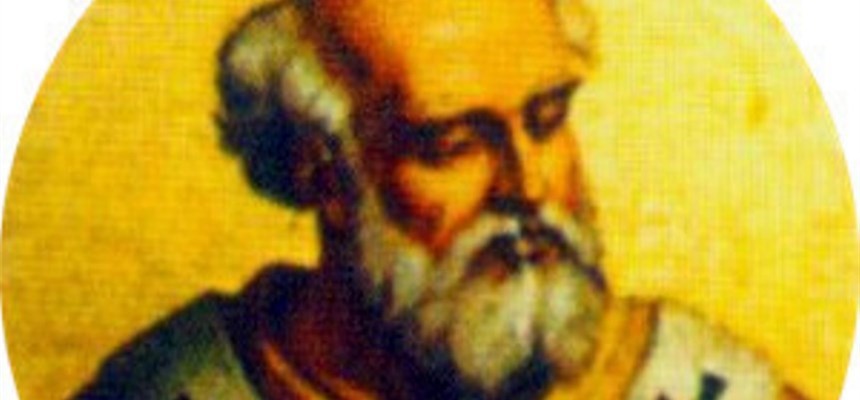
Pope Stephen IV is one of the shortest-lived popes, having reigned only seven months before he died. He is known for his piety and for protecting the papacy’s interest in controlling the Holy Roman Empire.
Stephen was born in Rome, son of Marinus, of a noble family. His relatives include Pope Adrian I and Pope Sergius II. It is apparent that he was groomed to be in the Church hierarchy. As a young boy, during the reign of Adrian I, he was brought to the Lateran palace to be educated in the Catholic faith and politics. Bishop of Rome. Since the decline of the empire in Constantinople, elections had become very prompt so that the eastern emperor would not have a chance to interfere.
The first move of the new pope was to order Roman citizens to swear fidelity to the Frankish king and emperor of the Holy Roman Empire, Louis, Charlemagne’s son. Then he sent envoys to the emperor informing Louis of the election and requesting a meeting be arranged at the emperor’s convenience.
With Louis’ invitation, Stephen left Rome in August, traveling with and entourage which included, at the emperor’s orders, Bernard, king of the Lombards. They crossed the Alps and met Louis at Rheims, in the north east part of what is now France, a distance of 890 miles. He arrived in early October. Apparently, Louis was not going to go out of his way for the pope. However, it is said that Louis prostrated himself three times before Stephen upon greeting him. At Mass on October 6, Stephen personally crowned Louis as emperor. He used a crown said to have belonged to Constantine. He also crowned Louis’ wife, Ermengarde, calling her Augusta. Stephen probably had a political reason for this crowning. Louis became co-emperor with his father in 813 and crowned himself. Now that his father was dead, it looked like Louis had taken the emperor status on himself. Stephen’s act presented the concept that the pope has a role in the creation of an emperor, thus strengthening the papacy.
Louis granted a gift to the Church in the form of a large estate outside of Paris. Stephen and the emperor renewed the pact between popes and the king of the Franks confirming the Papal States and the privileges of the Church. Stephen, in his turn, granted Bishop Theodulf of Orleans, an advisor to Louis, the pallium. Stephen also enforced clerical reforms in certain monasteries. The pope also convinced Louis to release some political prisoners who had been in France for nearly 20 years. He brought them back to Rome with him.
Stephen arrived back in Rome in November, 816. He chose to discontinue Leo III’s policy of favoring clergy over aristocracy. As bishop, he had the traditional ordination in December.
A month later, on January 24, Pope Stephen died. He was buried in St. Peter’s basilica. He did not live to see Louis’s difficulties with his family. That was left to Popes Pascal I and Eugene II.

Recent Comments